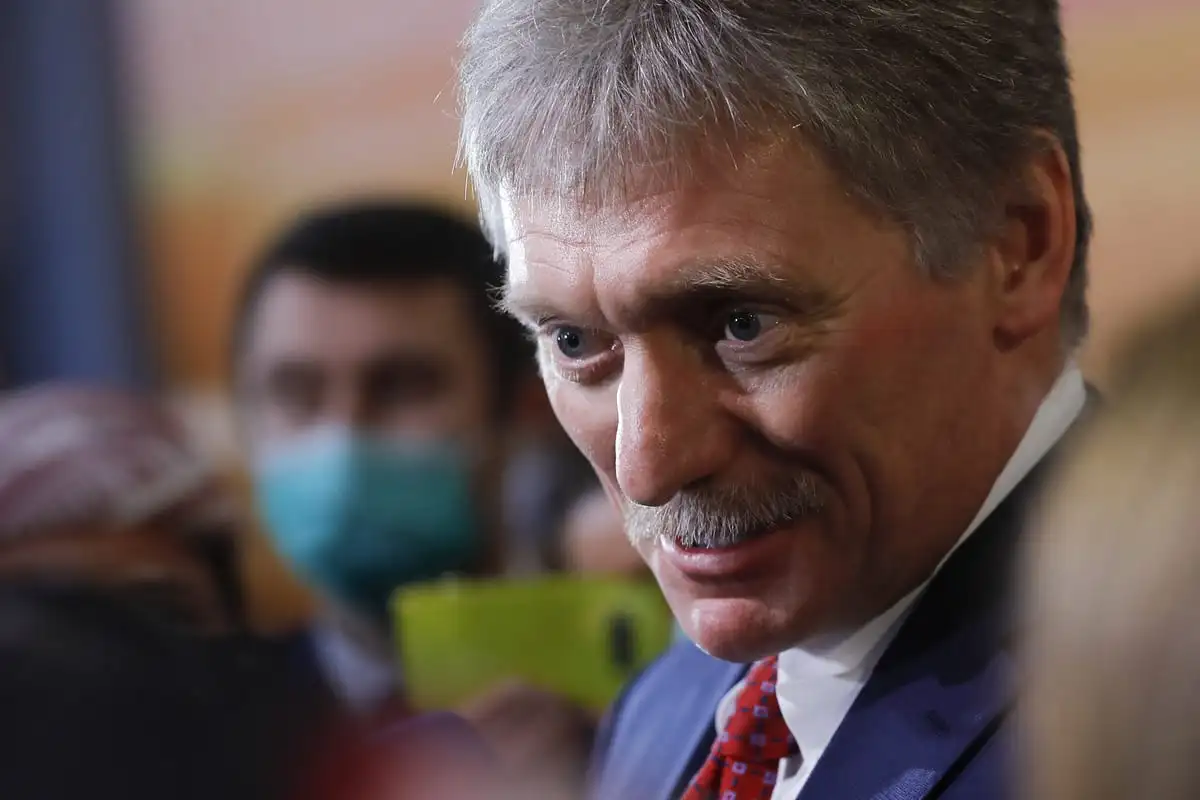As tensions between the United States and Iran continue to shape global politics, the ongoing nuclear talks remain a focal point of international diplomacy. Recently, a surprising shift has emerged as the Kremlin expressed support for these negotiations, a development that many analysts view as unexpected given the historical complexities of U.S.-Iranian relations. The Kremlin’s backing could potentially alter the dynamics of the discussions, offering a new layer of influence and perspective in an already intricate situation.
Russia’s support appears to stem from its strategic interest in maintaining stability in the Middle East, where any escalation of conflict could have far-reaching consequences. An anonymous Kremlin official stated, “We believe that dialogue is essential in resolving the nuclear issue,” emphasizing the importance of communication in fostering peace. This endorsement from Moscow may serve to bolster Iran’s position, providing it with a powerful ally during the negotiations, as the country seeks to lift sanctions that have greatly impacted its economy.
The involvement of Russia illustrates the interconnected nature of global diplomacy, demonstrating how various nations can collaborate or compete over critical issues such as nuclear proliferation. Analysts suggest that the Kremlin’s support may also be an attempt to counterbalance U.S. influence in the region. “By aligning itself with Iran, Russia is signaling its commitment to a multipolar world order,” noted Dr. Sarah Hargrove, a political analyst specializing in international relations. This perspective suggests that the Kremlin’s backing could have implications beyond the immediate context of the nuclear talks.
However, the path forward remains fraught with challenges. The United States and Iran have historically had a contentious relationship, marked by mistrust and conflicting interests. Even with Russia’s support, reaching a thorough agreement will require considerable concessions from both sides. A senior U.S. official remarked, “While we appreciate the support from our allies, the core issues must ultimately be resolved between the U.S. and Iran.” This statement underscores the reality that, despite external influences, the responsibility for negotiation and compromise lies largely with the two primary parties.
As the nuclear talks progress, the role of the Kremlin may evolve, either serving as a facilitator of dialogue or complicating the existing tensions. The world watches closely, recognizing that these discussions will not only shape U.S.-Iran relations but could also redefine the geopolitical landscape of the Middle East. The outcome remains uncertain, but the involvement of multiple global players highlights the complexity of diplomacy in an increasingly interconnected world.














